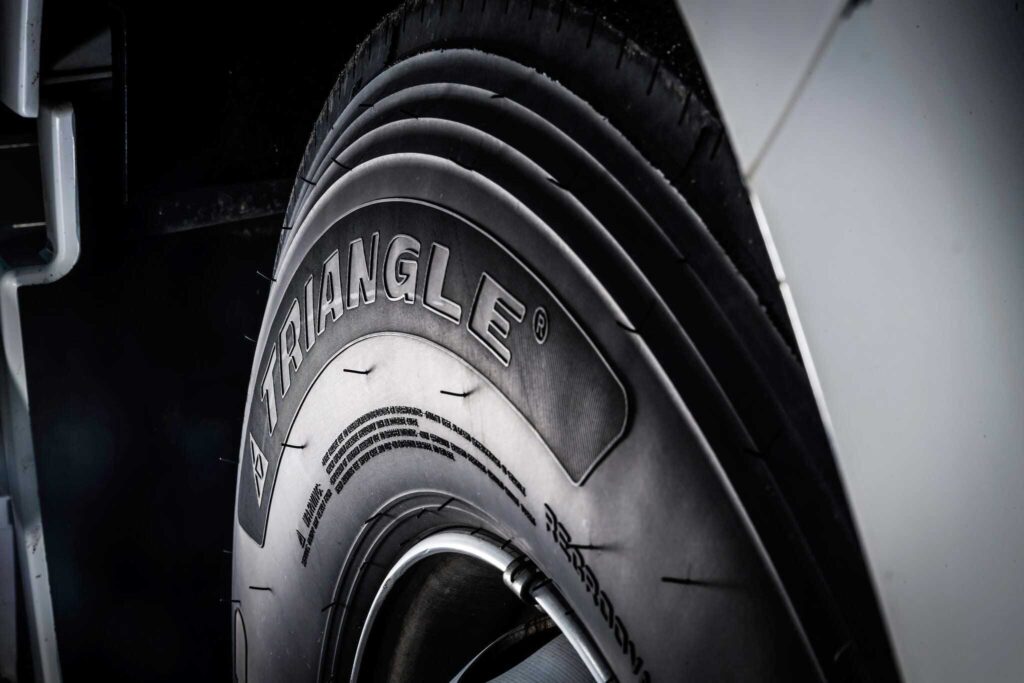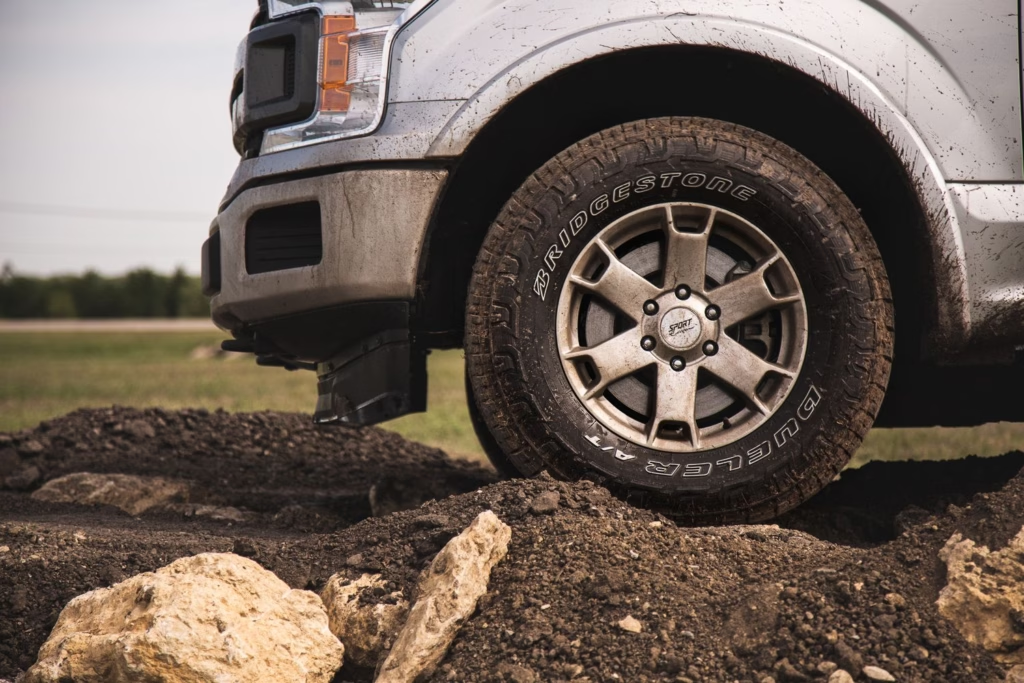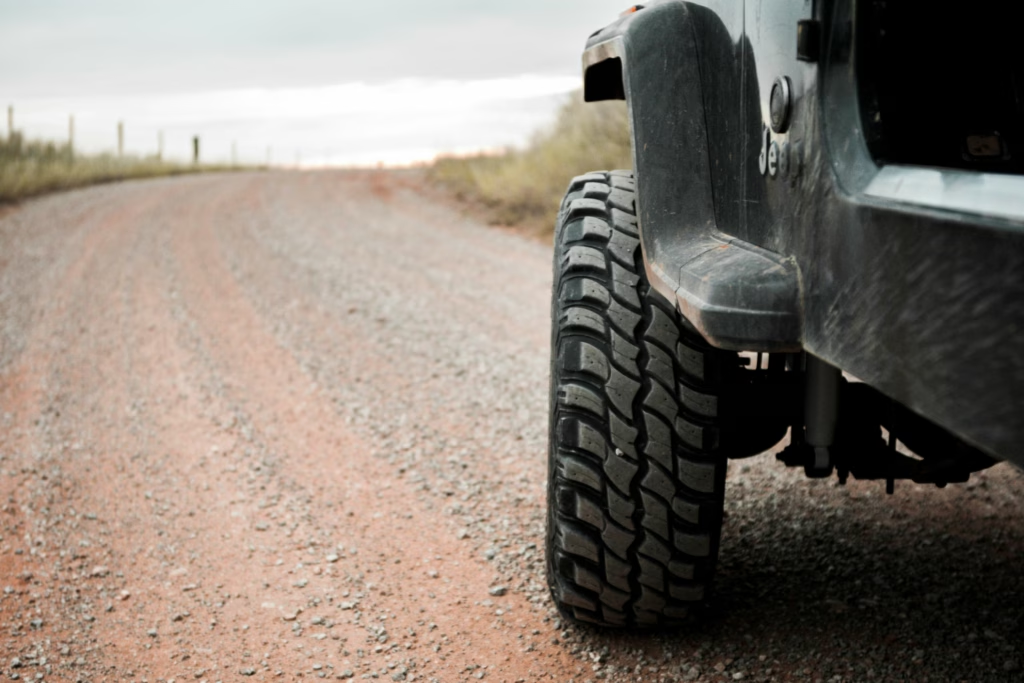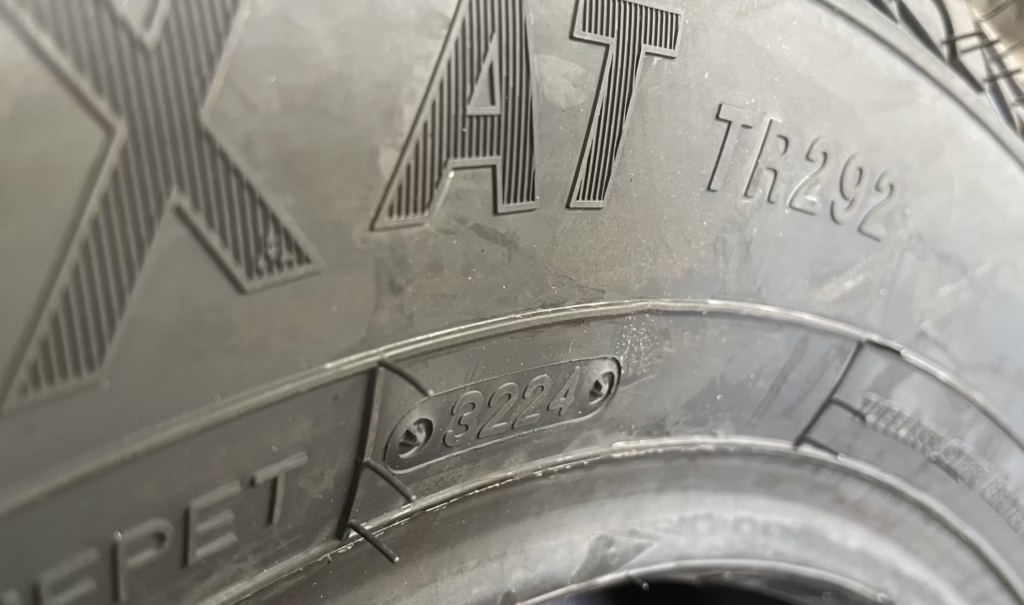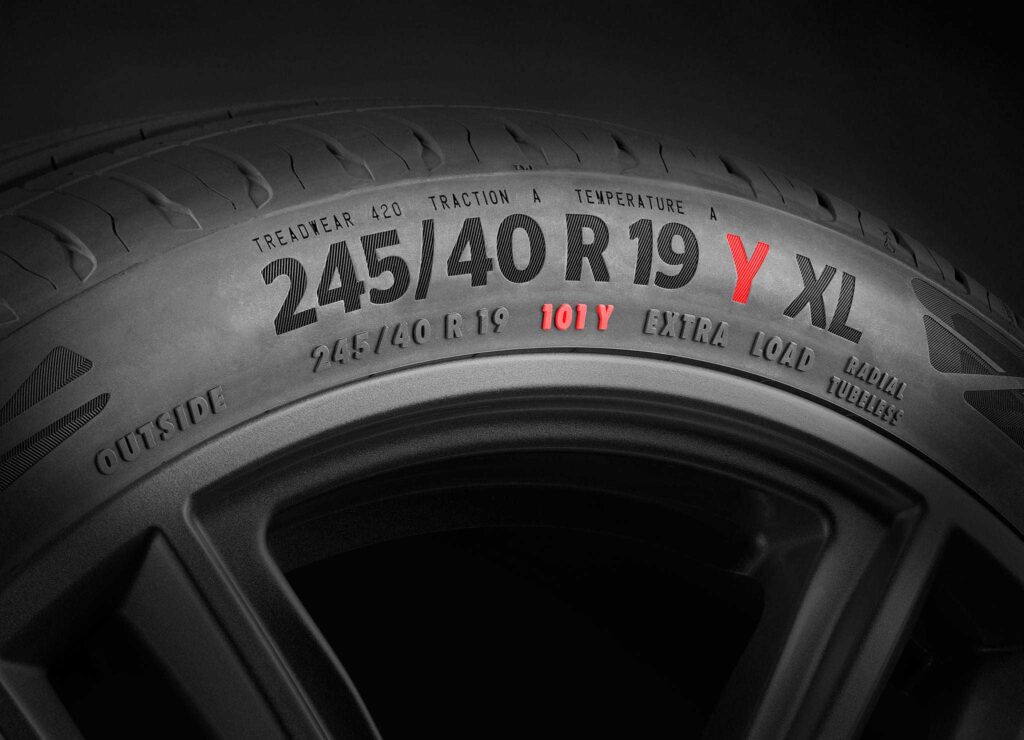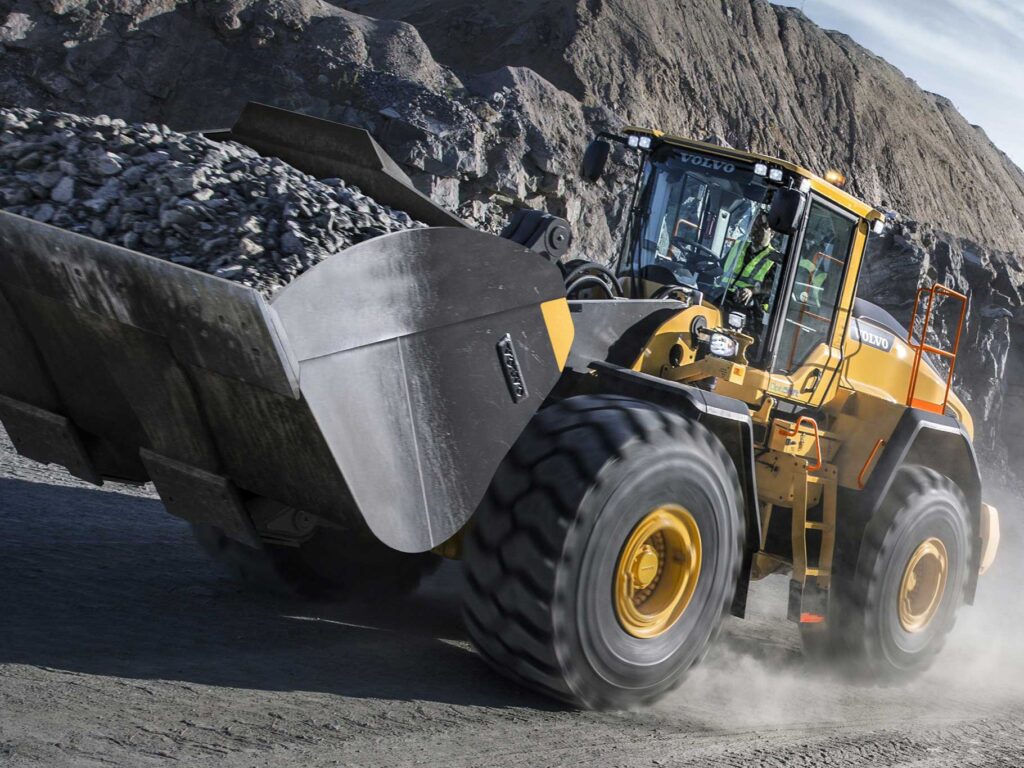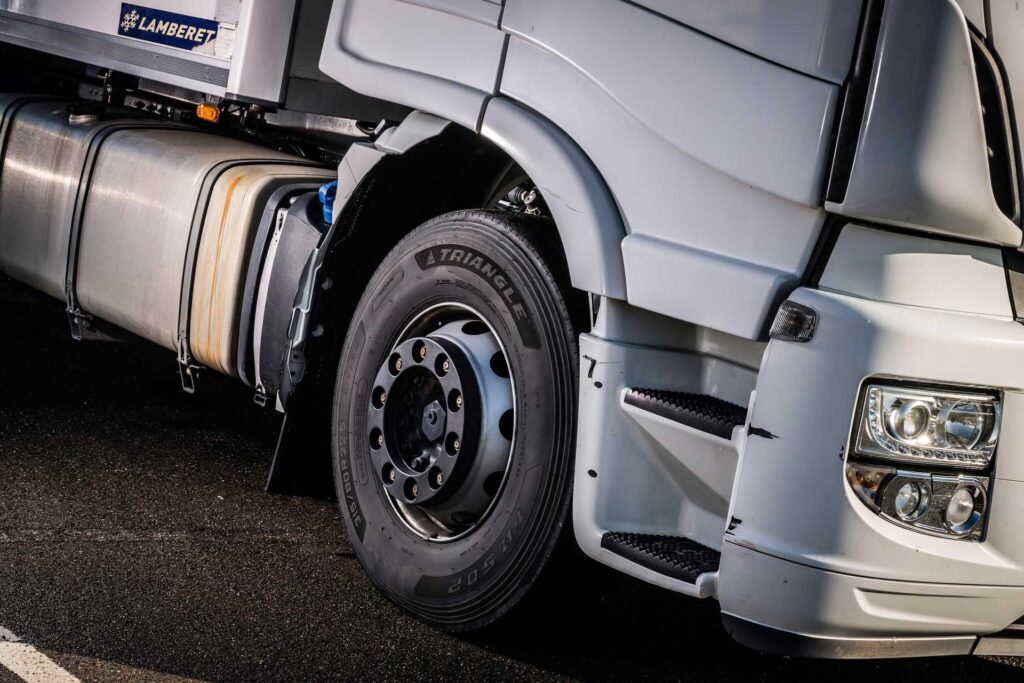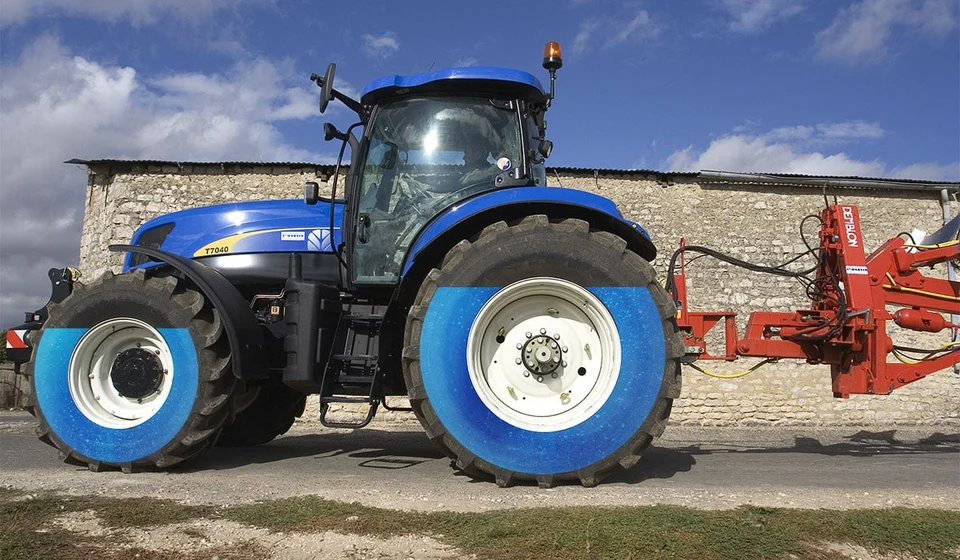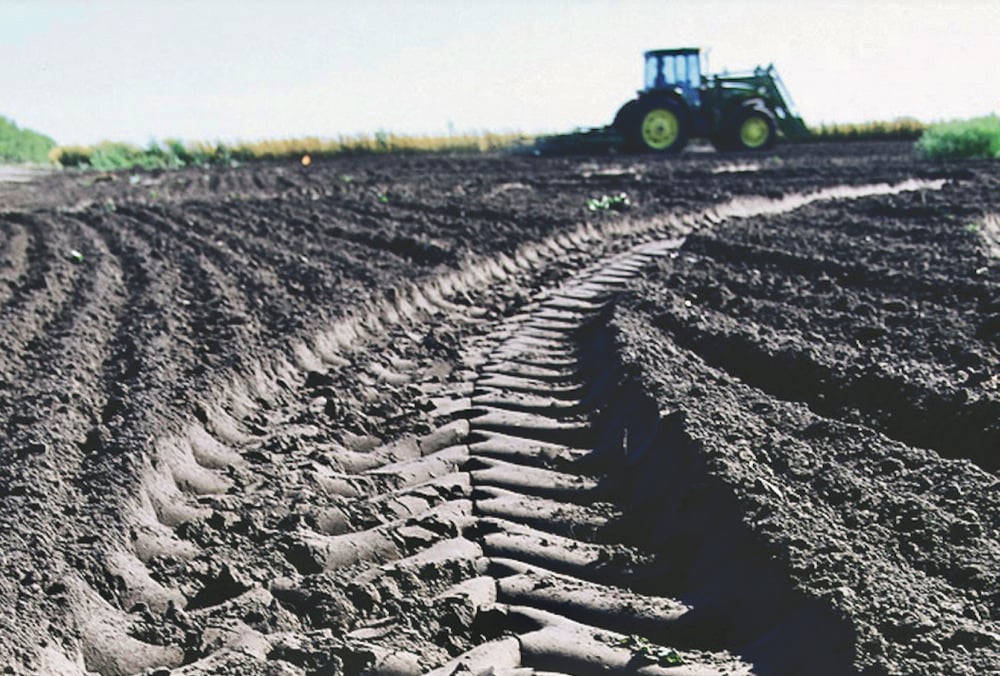Tyres are one of the largest expenses for trucking fleets and commercial operators, so it makes sense to do everything you can to extend their life. There are many actions to take, but nothing is more important than maintaining a stringent air pressure regiment. This needs to happen throughout the entire life cycle of the tyre, including through the retread cycle.
The air in a tyre carries the weight of the vehicle and payload; therefore, the air pressure should be set at the tyre manufacturer’s recommended setting for the load carried, including the vehicle and the payload. The air pressure on the side of a tyre is the “max” air pressure the tyre is capable of as opposed to the recommended pressure.
A tyre’s life cycle can be shortened due to low air pressure, as well as high air pressure. Tyre performance and fuel efficiency are additional downsides.

Under-inflated tyres lead to:
- Increased flexing (flexing due to under-inflation causes heat buildup within the tyre which leads to premature casing deterioration, thus reducing the useful life of the tyre.)
- Premature wear
- Increased fuel consumption
- Reduced steering response
- Loss of traction in turns
By running a tyre constantly underinflated by 20%, its tread life will be reduced by 30%, while 40% under-inflation will reduce the tyre life by 50%.
Over-inflated tyres lead to:
- Vulnerability to impacts.
- Premature suspension wear.
 Premature shoulder wear due to reduced shoulder rib contact.
Premature shoulder wear due to reduced shoulder rib contact.- Stiffer, harsher ride.
- Reduced steering response due to a smaller contact patch with the road; this can also reduce tyre life by making the tyre more vulnerable to cutting and impacts, as well as contributing to suspension wear.
Having a well-coordinated air pressure maintenance program between your drivers and your shop should be the single most essential element of your tyre policy and is very easy to administer. It has the biggest impact on your fleet costs associated with tyres, including fuel consumption, tread life, irregular wear, etc.
It is important to check cold inflation pressure
as frequently as possible because truck tyres lose up to two PSI per month.
The air pressure program must include regular checks with a quality gauge and the maintenance of accurate tyre-wear records. If you regularly run your tyres on their prescribed loads and keep

an eye on vehicle maintenance, you will see a substantial return on your time investment.
If you’re needing a company to come alongside and assist with your tyre fitment and pressure monitoring, TyreZim has both the facilities and the expertise. For more information or a free fleet survey please contact us. We look forward to hearing from you!
Yours sincerely, the TyreZim Team
